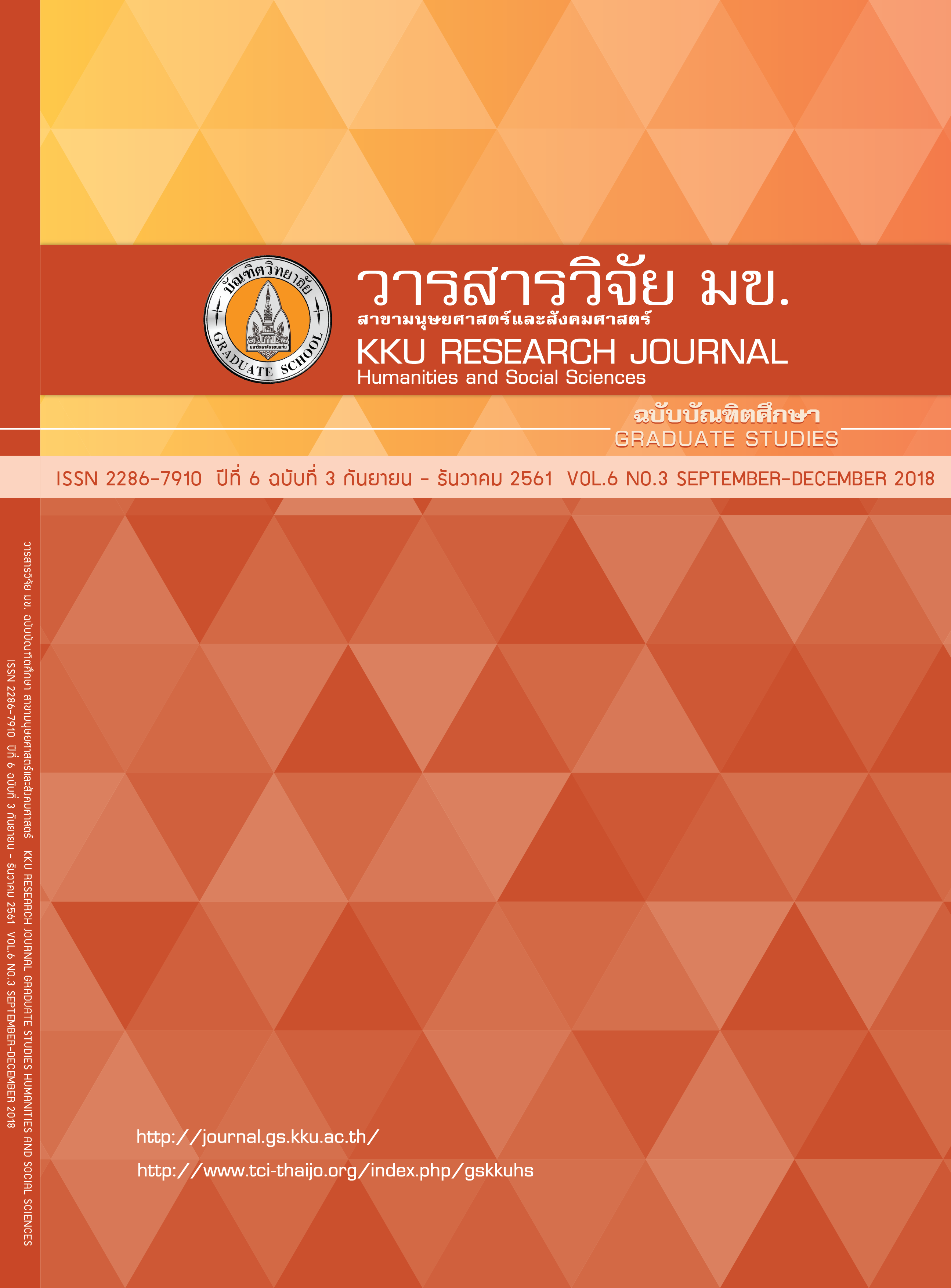The Development of City Personality Scale
Keywords:
Personality trait, Brand personality, City personality scaleAbstract
City personality refers to the application of human personality to the city context. Previously, few studies on the city personality have selected their sample cities based on the utilitarian and hedonic theory. As a consequence, their research results might not adequately reflect city personality, thereby being unable to develop a city personality scale. To fill the research gap, this study aims to specifically develop a city personality scale by categorizing cities into three types: utilitarian, symbolic, and symbolic-utilitarian. In so doing, the study was divided into two main parts, drawing on both interview and questionnaire methods. In the first part, interview was conducted to identify personality traits in the city context. In the second one, the gained results were subject to exploratory analysis using the principal component analysis and confirmatory factor analysis using maximum likelihood method to extract the personality dimensions. Findings revealed that city personality is composed of 25 traits which can be grouped into three dimensions, i.e. favorable (e.g., polite and good-natured), rough (e.g., unlovely and untrustworthy), and new generation (e.g., open-minded and exciting). This scale is of construct reliability (C.R. = 0.91, 0.91, 0.83), test-retest reliability (r = 0.711), convergent validity (AVE = 0.53, 0.63, 0.51), and the discriminant validity (square root of AVE = 0.73, 0.79, 0.71). Hence, this research contributes to the field of city personality scale and it is helpful for city management in making a particular city stand out from others by utilizing the right city personality dimensions.




